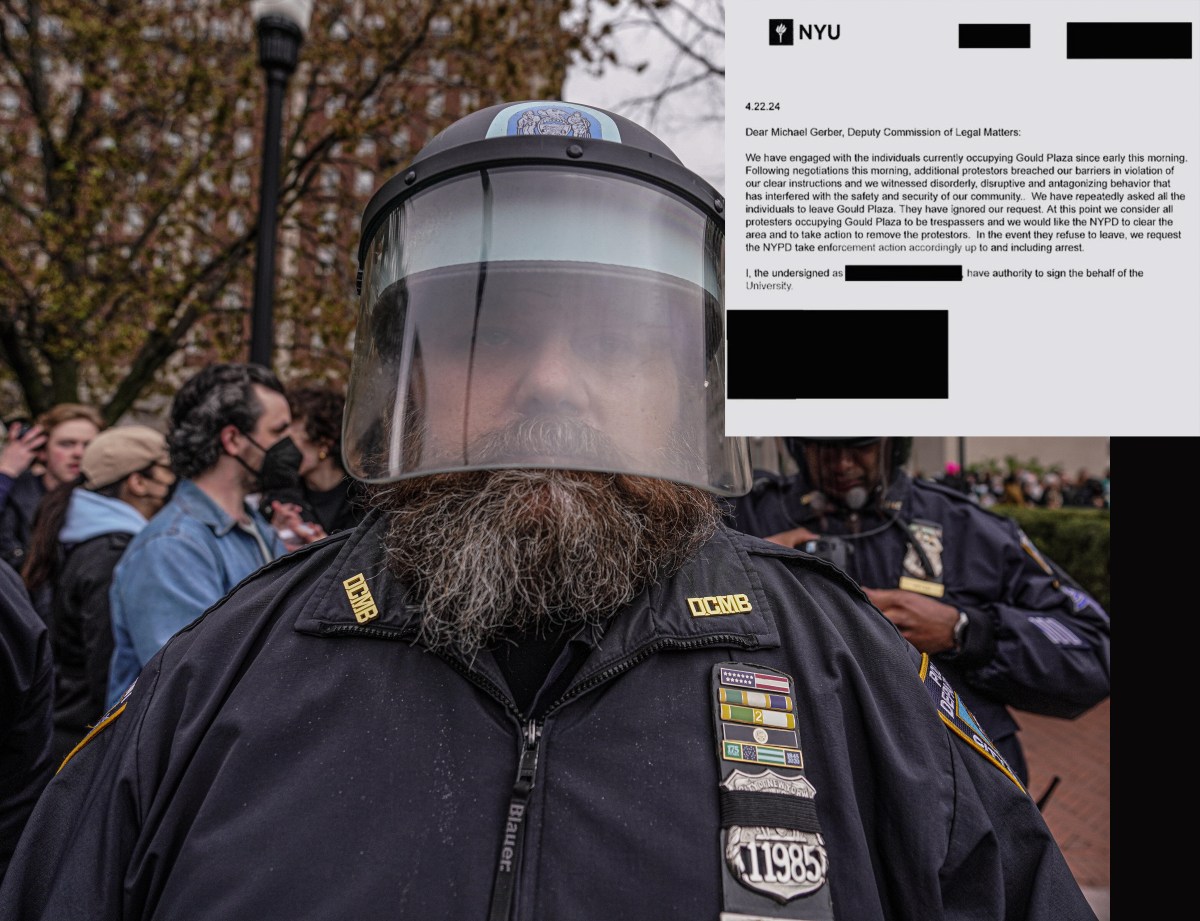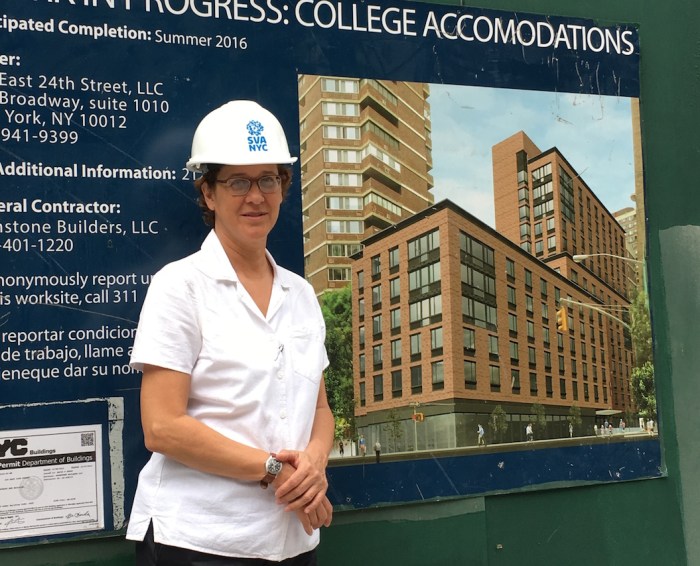Parents of 4-year-olds have more on their holiday-patterned plates than wrestling for the Hatchimals in the toy isles: It is now kindergarten application season in New York City.
The Department of Education’s online applicationsystem, Kindergarten Connect, is open from Wednesday through Jan. 13, with placements released in March. And while Requests for Testing (RFT) for the city’s gifted and talented programs were due on Nov. 14, insiders say the window is still open for special requests for a test date in January. “It’s unspeakably important to know all of your options,” Alina Adams, author of “Getting Into NYC Kindergarten,” and a private coach for families in the process, told Metro. She stressed that the law does not at all guarantee placement in a local school.
Much like the daunting high school application process, rankings of 12 choices must be submitted for each of the 70,000 kindergarten-age kids. Ignoring this process is taking a major risk of convenience and quality. Applicants must research the DOE’s kindergarten directory.Public kindergartens are not created equal — there are small schools and big ones, gifted and talented schools, magnet schools with attractive features, dual language programs, as well as traditional or progressive teaching approaches. “Many parents don’t know that they may not be able to get into their zoned school, or that theyare welcome and have a right to apply to unzoned schools.”
The first thing you should look at, said Adams, is what is the likelihood of getting into your local school zone, as each one has its own admissions priorities. “The closer you can be the better. A school you can tolerate two blocks is better than a school you can tolerate 40 blocks away.” If you don’t get into your top choice(s), you’re automatically put on that school’s waitlist, Adams said, adding that another thing parents often don’t know is that they can then lobby throughout the summer to get in. After placements are made for public schools, parents get another chance for superboptions incharter schools, which take individual applications between January and April and accept entirely by lottery. A great resource to know what your child might need is the preschool director. “Do you have a highly energetic boy? He might to better without recess.”
Adams emphasized the importance of making time to tour the school. “Don’t listen to your mother, your friends, other parents on the playground — you have to go see it yourself,” Adams said. “Many times parents come out of a less regimented school and say, ‘Oh my god, it’s like Lord of the Flies in there.’” And when touring a school, believe what they say, Adams said. If they say they don’t force them to learn how to read, don’t be surprised if they don’t know how to read. The school wants you to love what they’re giving, so they’re not going to mislead. The worst thing is to say ‘that won’t apply to me.’” Kadie Black who help start the Gantry Parent Association to help parents in Long Island City navigate their options in a community that was rapidly expanding, and advocate for schools to accommodate more students. She herself went through the kindergarten application process last year with her son Jacob who ended up at Queens’ Growing Up Green charter school, “a very green-minded school open to parent involvement,” Black said. “The best kind of scenario is if in April you have three unique school offers,” she said, meaning a choice from the list of public schools, an offer from a charter school — and perhaps even a spot in a gifted and talented program.
Experts offer tips for surviving NYC’s kindergarten application season

Josh Grenier/Creative Commons


















